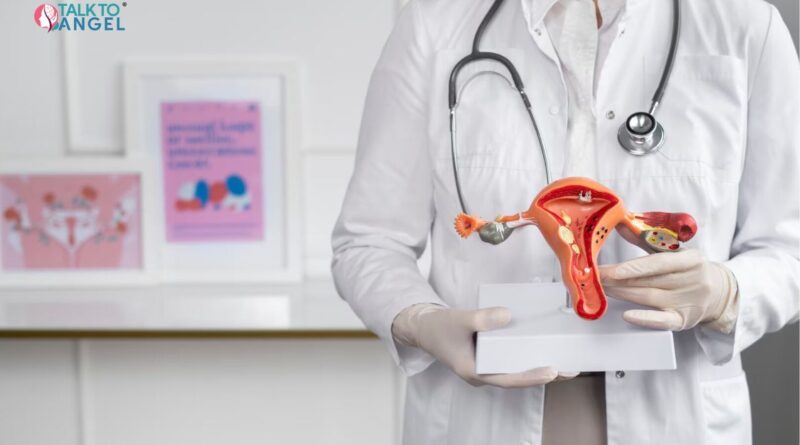PCOS and Mental Health: Understanding the Connection and Seeking Help
Polycystic Ovary Syndrome, better known as PCOS, is a complex endocrine disorder that affects many women of reproductive age. It can disrupt hormonal balance, leading to a variety of symptoms such as irregular menstrual cycles, weight gain, acne, and excessive hair growth. However, the impact of PCOS extends beyond physical health; many women also experience significant mental health challenges, including anxiety, depression, and low self-esteem. The emotional toll often stems from the frustration of managing unpredictable symptoms and societal pressures regarding appearance and fertility. Understanding the intricate link between PCOS and mental health is crucial for effective management. By addressing both the physical and psychological aspects of Polycystic Ovarian Syndrome, individuals can develop a comprehensive treatment plan that fosters overall well-being and improves quality of life. Seeking support from healthcare professionals and mental health specialists can be instrumental in navigating this multifaceted condition.
What are the Symptoms of PCOS?
PCOS has a range of symptoms that can vary from person to person. Common signs of PCOS Symptoms include:
- Irregular Periods: This is one of the most common symptoms. Women may have fewer periods, missed periods, or periods that are very heavy.
- Weight Gain: Many women with PCOS struggle to maintain a healthy weight. Even small changes in diet can lead to challenges in managing weight.
- Excess Hair Growth: This can occur on the face, chest, or back and is often due to hormonal imbalances.
- Acne and Oily Skin: Hormonal changes can also lead to breakouts and skin issues.
- Polycystic Ovaries: These are enlarged ovaries that contain many small cysts, showing up on ultrasound.
Knowing these symptoms helps in recognizing PCOS early and seeking help sooner rather than later.
The Mental Health Connection
Women with PCOS aren’t just dealing with physical symptoms related to polycystic ovaries. Many face challenges like anxiety and depression, often stemming from their experiences with PCOS. The feelings of frustration from irregular periods, weight gain, or excess hair can lead to low self-esteem and stress.
Have you ever felt overwhelmed by your body’s changes? You’re not alone. Studies show that women with PCOS are more likely to experience mental health issues. This is a crucial point for anyone dealing with this syndrome.
Finding the Right Treatment for PCOS
Treating PCOS is vital for improving both physical and mental health. Here are some common treatments:
- Lifestyle Changes: Regular exercise and a balanced diet can help manage weight and improve symptoms. This isn’t just about fitting into your favorite jeans; it’s about feeling good in your skin!
- Medications: Doctors may prescribe hormonal birth control to regulate periods or medications like Metformin to help manage insulin levels.
- Weight Loss Programs: For women aiming for PCOS weight loss, finding a plan that works for them is essential. It’s about creating a healthier lifestyle, not just a quick fix.
Consulting a PCOS specialist can provide personalized plans for PCOS Treatment that address both the physical and emotional aspects of this condition.
Seeking Help: Online Counseling
Feeling overwhelmed? Many women find comfort in talking to someone. Online counseling platforms like TalktoAngel offer support from professionals who understand the mental health challenges related to Polycystic Ovarian Syndrome.
Why is this important? Speaking with a counselor can help you process feelings, develop coping strategies, and find a community of support. Online counselling provides the flexibility to seek help in a setting that is comfortable for you.
The Journey to Wellness
Managing PCOS is a journey that goes beyond the physical. It’s about nurturing mental health alongside tackling symptoms. Finding treatment that fits your lifestyle, possibly with a PCOS specialist near me, can pave the way for a happier, healthier you. Don’t hesitate to reach out for help; the road to wellness can be easier with support.
In the end, understanding the connection between PCOS and mental health could change the way we view this syndrome. By acknowledging both sides, we can work toward a future where women feel empowered to manage not only their physical health but their mental well-being as well.



